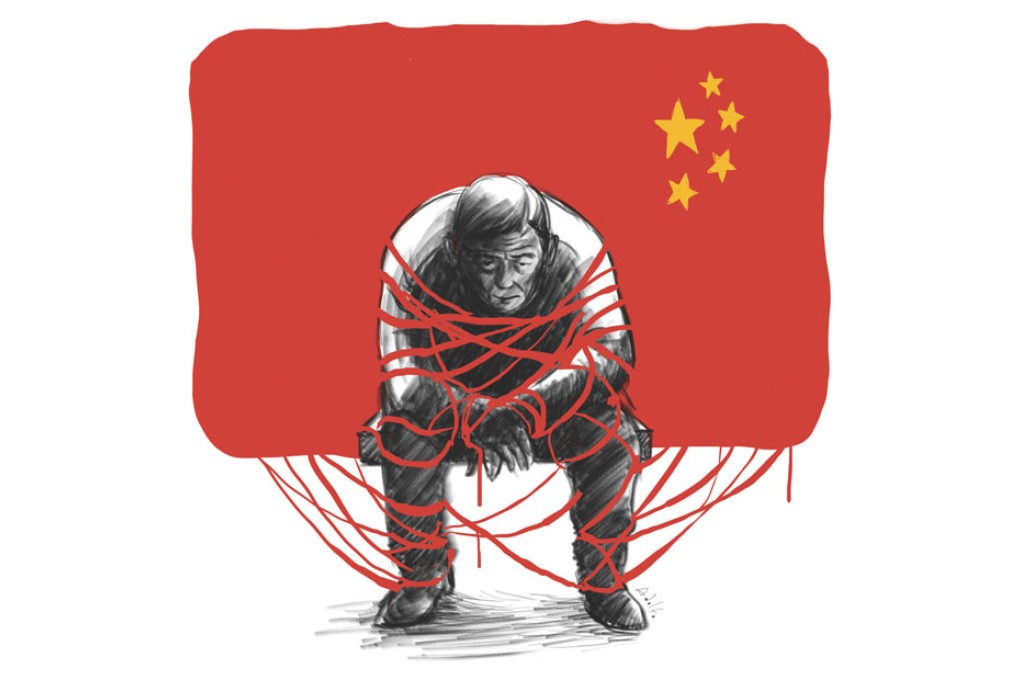Can Chinese leaders all agree on how to try Bo Xilai?
Jerome A. Cohen says despite a suggestion that Bo Xilai might soon be put on trial, it is not yet clear whether party leaders all agree on the detailed issues involved in prosecution

Remember Bo Xilai ? He is, of course, the former Politburo member and Chongqing party chief who last year was at the heart of China's biggest political scandal since the 1976 arrest of the Gang of Four. For months, party leaders have been quietly stewing about how to handle his case in a way that will be consistent with their ideological preferences and claims to respect the rule of law. Now, an "internal report" suggests that Bo may finally be put on trial next month.
China's social media and the foreign press have been awash with rumours, planted stories, gossip
On April 10, the Politburo ousted Bo from its ranks and from the party central committee. It did so, Xinhua reported, because of Bo's "mistakes and responsibilities" in the cases of Wang and Gu and his other "disciplinary violations". Although party leaders had assured the public that Bo's case would be handled "strictly according to law", he was already in the custody of the party's feared Central Commission for Discipline Inspection, not government law enforcement agencies.
The September 28 Xinhua announcement surprised those who believed that Bo might not be prosecuted but instead treated like former party secretary Zhao Ziyang . Zhao, deposed during the 1989 Tiananmen tragedy, spent his last 16 years in illegal but comfortable "soft detention".
To justify turning Bo over for criminal investigation, Xinhua listed the discipline commission's conclusions. Yet the accusations were vague, and some bore no relation to crime. Bo had "seriously violated discipline" as Dalian's mayor, Liaoning's governor, minister of commerce and Chongqing's chief, and had "abused his powers" during both the Wang incident and the Gu murder case, "committing serious mistakes and bearing major responsibility". He had also helped others profit and had himself received massive bribes. In addition, he maintained "improper relations" with many women, and violated organisational and personnel regulations. All this "gravely damaged" the party, the country and the people.